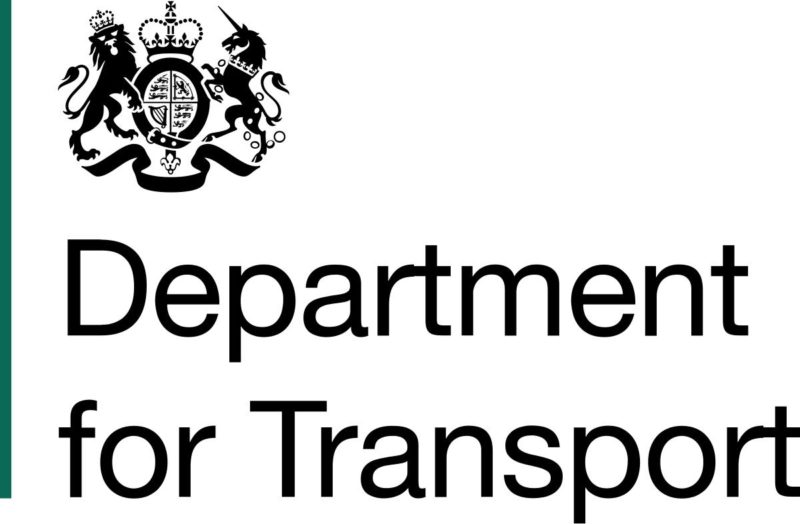Bill Esterson Member of Parliament for Sefton Central

Thursday 25 March: Transport Minister Rachel Maclean has today admitted that “no formal Environmental Impact Assessment” was carried out prior to the decision by the Department to cut subsidies for electric cars last week.
Maclean revealed the news in response to a Written Parliamentary Question, tabled by Labour’s Sefton Central MP and Shadow Trade Minister Bill Esterson.
This revelation came on the same day that Shadow Business Secretary Ed Miliband gave a speech where he called for an electric vehicle revolution in every part of the country, setting out ambitious proposals to back Britain’s car manufacturers, create jobs, and make owning a zero emission vehicle an option for all.
Commenting, Bill Esterson MP said:
“The government admitted to me that it didn’t carry out an environmental impact study into the effect of cutting subsidies for electric cars.
“Many people cannot afford to buy electric. How will this help them play their part in reducing carbon emissions?
“The lack of an environmental impact assessment suggests that meeting our climate commitments is not the priority it should be for this government.
“As the Shadow Business Secretary Ed Miliband said today, we need an electric vehicle revolution if we are to meet the challenge of the climate emergency.”
**ENDS**
Notes to Editors:
- On 18th March 2021, the Department for Transport announced it would reduce the maximum grant for electric cars from £3,000 to £2,500.
- The Department also said it would decrease the price cap for cars eligible for the subsidy from £50,000 to £35,000.
- The full text of Ed Miliband’s speech on how Labour would invest in jobs through our green economic recovery can be found here.
- The full text of Bill Esterson’s Written Question and response can be found here and copied below.
Full Text of Written Parliamentary Question and Response
Bill Esterson MP: To ask the Secretary of State for Transport, what environmental impact assessment his Department undertook when deciding to reduce the (a) maximum grant for electric cars from £3,000 to £2,500 and (b) price cap for cars eligible for the subsidy from £50,000 to £35,000. (172990)
Rachel Maclean: No formal Environmental Impact Assessment has been carried out. The grant scheme for electric cars, vans and trucks has been updated to target less expensive models and reflect a greater range of affordable vehicles available, allowing the scheme’s funding to go further and to help more people make the switch to an electric vehicle. This will mean the funding will last longer, and be available to more drivers.
We have been clear since 2018 that we intend to reduce the Plug-in Car Grant. We are retaining support for the switch to electric vehicles through other, new investments. We’ve pledged a £2.8 billion package of measures to support industry and consumers to make the switch to cleaner vehicles, which includes:
- £1.3bn for charging infrastructure;
- £582m to continue to support the vehicle grants, which have now been in place for 10 years; and,
- Up to £1bn to help secure the transformation of the automotive sector by developing and embedding the next generation of cutting-edge automotive technologies in the UK.
These measures are in addition to our generous tax incentives, including favourable company car tax rates, which can offer savings of over £2,000 a year for drivers switching from a medium-sized petrol or diesel to a zero-emission car, and zero Vehicle Excise Duty.
